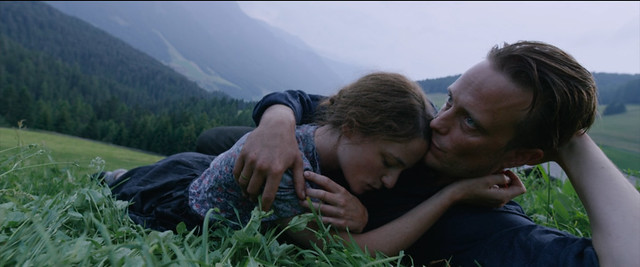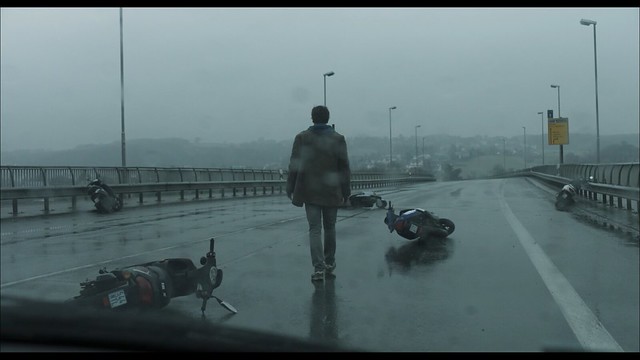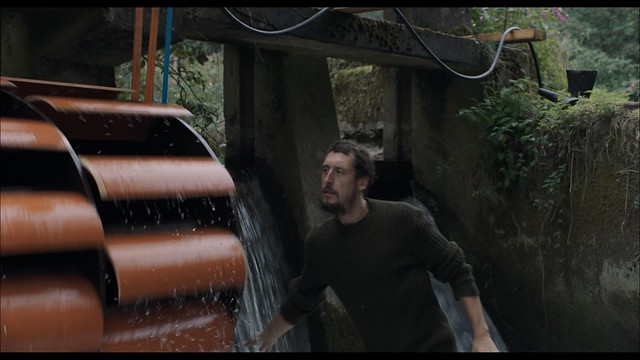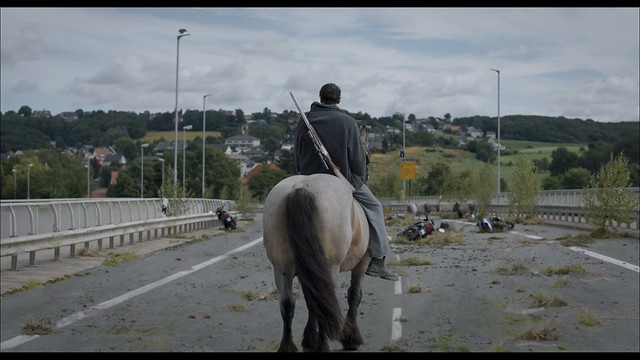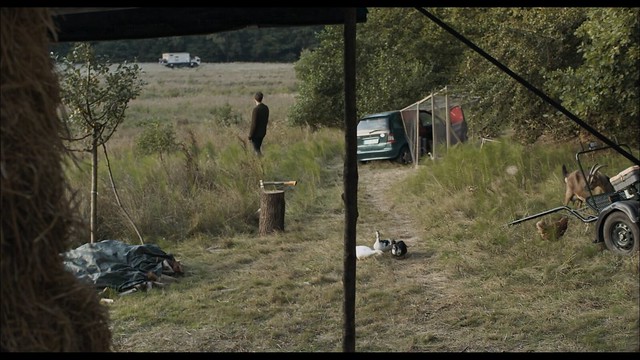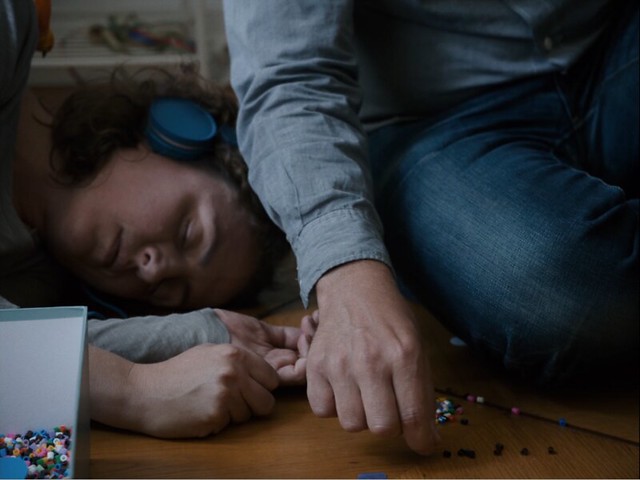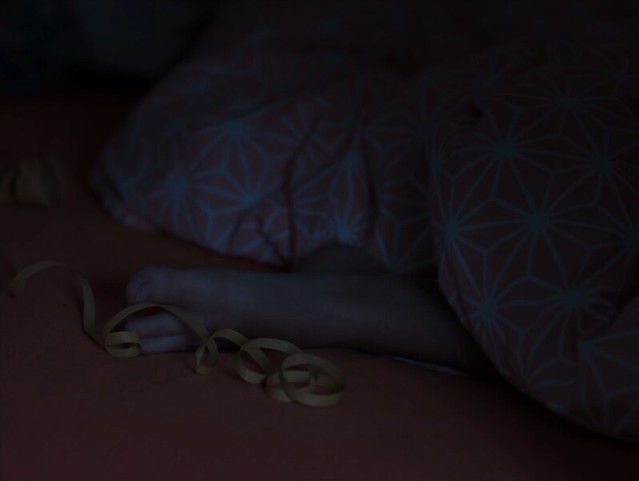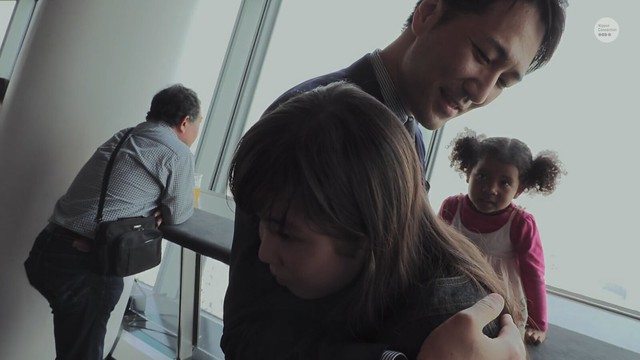



Family Romance is a company that provides rental services for human relationships. And it's a fitting concept for Werner Herzog who has always been a filmmaker, documenting vagaries of human life since the 60s, in both narrative and non-narrative forms. Even though his recent 'documentaries' might not be grandiose enough when compared to such classics as Aguirre, The Wrath of God or Fitzcarraldo, I think he is an unsung chronicler of human existence, not only to an extent of extreme and obsessive tendencies of us humans, but rapidly changing technology and its philosophical implications with his string of recent films.
Herzog's stance as a filmmaker always has been that films are all an illusion, therefore, there are no distinctions between a narrative or a documentary. Family Romance, LLC certainly plays out like a documentary, with some of the real life subjects playing themselves. But we all know that it is scripted, with unmistakably Herzogian touches in dialog in it. The master filmmaker is again, searching for that ecstatic truth.
We are introduced to Ishii Yuichi, the head of Family Romance, having a rendez-vous with his client's daughter, Mahiro. He is hired to play her long absent daddy because she is bullied in school for not having a father. We see her sheepishly passing by many times, among crowds enjoying cherry blossom festival in a public park. They finally meet and talk. Mahiro, a shy 12 year old girl, slowly opens up over time, accepting Yuichi as her dad.
It's probably Herzog's insistence that Yuichi stops by at Robot Hotel, to ask its owner about incorporating the technology to his business. The filmmaker is obviously making a tenuous connection here with impersonality and dehumanization of face to face service industry and preposterousness of its theatricality and performance. They have creepy male and female robot attendants at the counter, as well as robotic fishes in the fish tank. Family Romance also services 'web influencers' as hired actors posing as paparazzi, following the client on the street, taking pictures in busy streets.
As the 'lie and deception' on Mahiro continues, Yuichi is having an existential crisis. He expresses his fear of getting caught by 'playing many roles' in a fox shrine adorned with fox statues all wearing cute red scarves. Fox is known in Japanese folklore as shape shifters and Japanese people prey often to them when they want change in their lives.
There are Herzogian touches and humors everywhere: in the middle of a session, an old blind oracle gets a loud phone call and of course, Herzog doesn't call it cut or pans away from her but stays with her until she turns off the phone. Yuichi asks the robot hotel manager, "Will robots have dreams?"
Family Romance, LLC is shaped as Yuichi confronting his role as a lie. You feel for Mahiro as she comes to love Yuichi as her father. Where does this relationship take them in the future? Herzog lets us know that it's that sinuous relationship we have with each other as human being that can't be faked with any artificial means.
